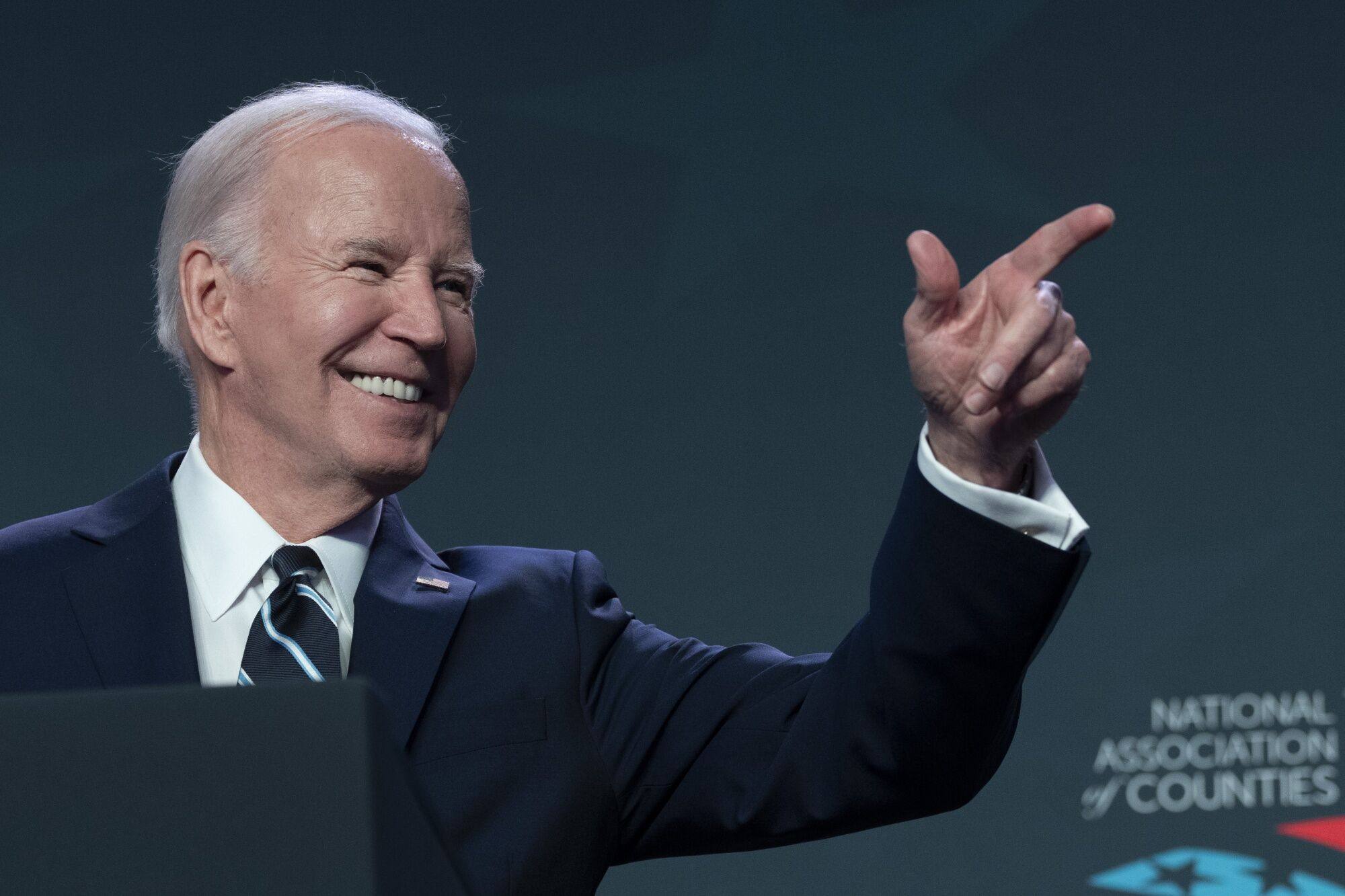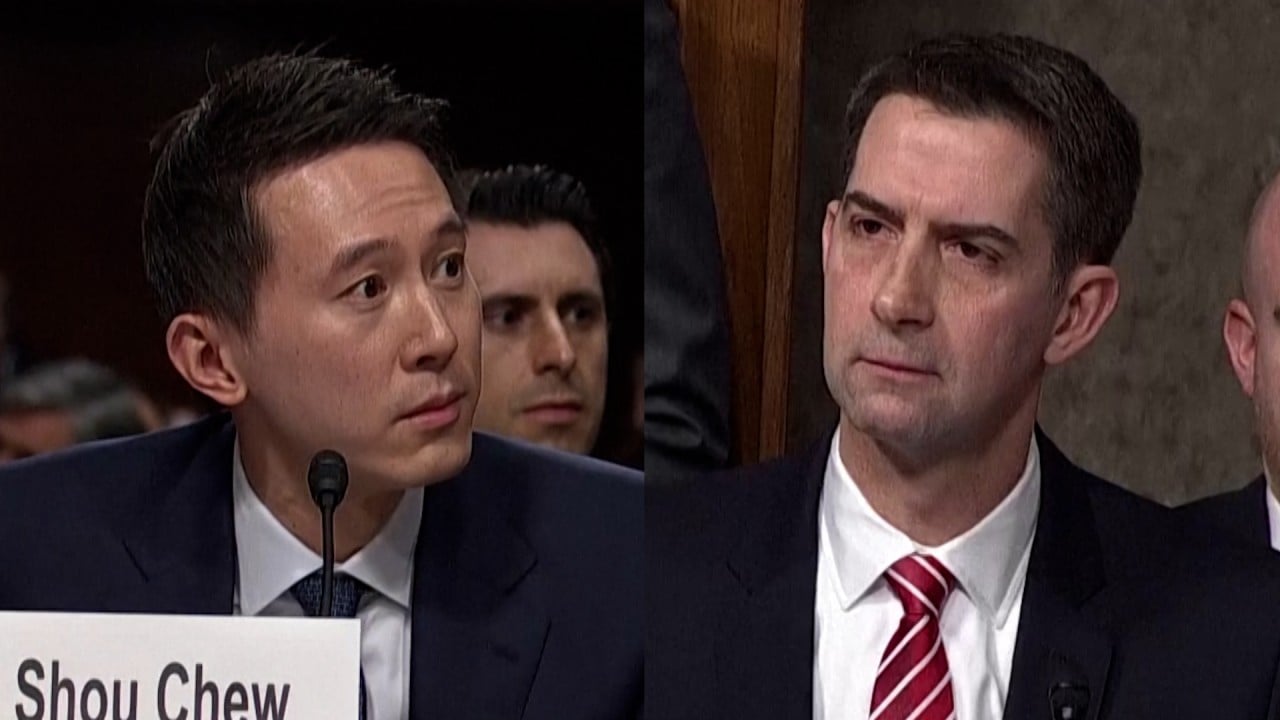Specific evidence of such an incident hasn’t been provided by the US government or TikTok critics, who also posit the platform could be used to spread propaganda beneficial to the Chinese government’s interests or be used to bury or amplify certain topics.
TikTok has vigorously defended itself, saying in part that it has never shared data with the Chinese government and won’t do so if asked. The company also has promised to wall off US user data from its parent company through a separate entity run independently from ByteDance and monitored by outside observers. TikTok says new user data is currently being stored on servers maintained by the software company Oracle.
The Biden administration also reaffirmed this week there is an ongoing review of the platform by the Committee on Foreign Investment in the US, which last year reportedly threatened to widely ban the app if its Chinese owners don’t divest their stakes.
Meanwhile, congressional efforts to enact a broader ban – including bipartisan legislation that doesn’t mention TikTok by name but would give the Commerce Department the power to review and potentially restrict its use – was stalled last year amid opposition from industry and digital rights groups, as well as some lawmakers, influencers and small businesses who use the platform.
Proposed TikTok ban for kids fails in Virginia’s Legislature
Proposed TikTok ban for kids fails in Virginia’s Legislature
The AP-NORC poll shows TikTok users – about 170 million in the US, most of whom skew younger – are less likely to be worried about the app sharing American users’ data, reflecting a previously felt generational divide. About a quarter of daily users say they are “extremely or very concerned” about the idea of the Chinese government obtaining the personal information of users, compared to about half of US adults overall.
“For politicians, it’s like a hot potato,” said Dan Ives, a tech analyst at the financial advisory firm Wedbush Securities. “Because in one way [they] want to sound tough in front of the microphone. But then the reality is, it could backfire.”
The Biden campaign has said it is using a separate cellphone for TikTok to isolate the app from other communications and was taking additional steps for protection. Some Republicans have criticised the decision.
We still need to find a way to follow India, which has prohibited TikTok. I’m a little worried about a mixed message
Senate Intelligence Committee Chairman Mark Warner, a Virginia Democrat, also told reporters on Monday that he remained concerned about the social media platform.
In response to a question about whether the campaign’s use of the app neutralises security concerns that have been raised, TikTok spokesperson Alex Haurek said, “We’re hopeful policymakers – of both parties – recognise the progress we’ve made in securing protected US user data, an effort that has put us well ahead of any peer company in this space.”
Last year, former Republican presidential candidate Vivek Ramaswamy joined the app in an effort to reach younger voters, despite calling it “digital fentanyl” that must be banned. Other Republican candidates found other methods to get their messages on the platform, such as producing video clips that could be shared between apps or working with conservative influencers already present on the app.

The poll also found that about 6 in 10 US adults – and 41 per cent of daily TikTok users – are “extremely or very concerned” about the amount of time children and teenagers spend on TikTok. A majority of adults, 59 per cent, say they are concerned about the spread of misinformation on the app, while about half are worried about people doing dangerous or illegal things they see others doing on the platform, something that is felt less among TikTok users.
TikTok said last year it was implementing time limits for minors. But those restrictions still allow teens to keep watching content after they enter a passcode.
The company says it’s also bolstering its work to counter misinformation by partnering with more global fact-checking organizations, among other initiatives. This week, TikTok said it would set up fact-checking hubs inside the app to help counter false information in the coming European Union elections.


